Guiding organizations to make real change; improving outcomes for communities and donors alike.
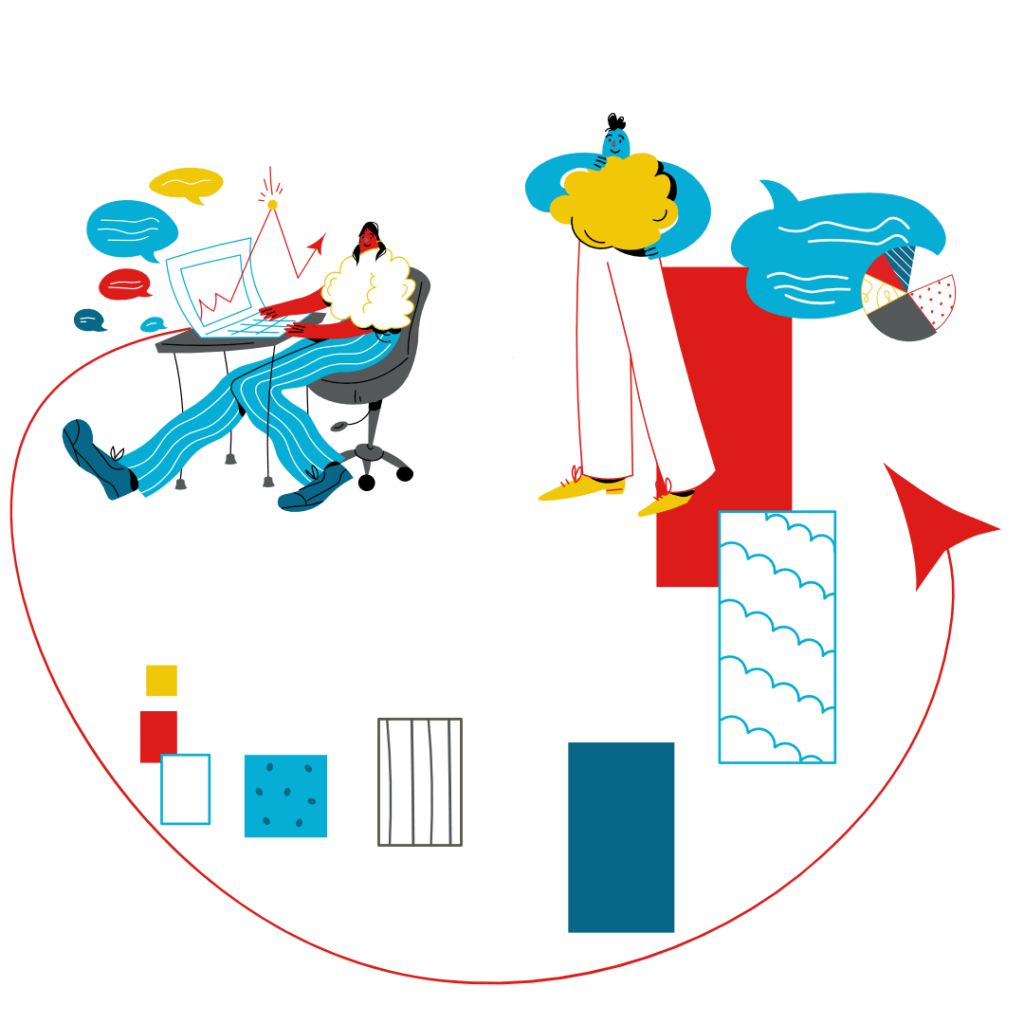
Kinaki wasn’t something we planned. In 2012, we were working as consultants on a baseline study for a climate-change project in Rwanda. At first, everything seemed to be going fine—until the data started piling up. We were knee-deep in Excel sheets, trying to keep track of different versions being sent back and forth between us and the implementing team. And then it hit us: if this was so confusing for us, how would the team manage it all at the endline?
The idea of replicating our calculations and analyses months later felt like a nightmare waiting to happen. We didn’t feel good about the implementing team being dependent on us to handle the data. The whole process felt extractive—data being collected, analyzed, and then locked away in the hands of a few consultants. How could the team on the ground truly own their project’s data or use it to make decisions if it wasn’t accessible or easy to understand?
That was the spark. We needed a tool that could make data analysis straightforward and collaborative, not something only “experts” could do. So, we started building Kinaki. At first, it was a tool for us, a way to keep things simple and consistent in our own work. But pretty quickly, people started noticing and asking if they could use it too.
By 2017, after a lot of conversations with partners, funders, and communities, we decided to redesign Kinaki. It wasn’t just about baseline and endline studies anymore; we wanted Kinaki to support entire projects—from design and monitoring to evaluation and reporting.
Today, Kinaki is trusted by over 300 organizations in 30+ countries. It’s become so much more than we originally imagined. At its core, Kinaki is about making impact measurement accessible and empowering teams to truly own their data. We believe that when data is understandable and actionable, it can drive real change. And honestly? We’re still learning and improving, just like the teams we work with.
Kinaki is brough to you by Salanga an organization driven by social enterprise principles. We are a team of passionate development practitioners who specialize in impact measurement and monitoring, evaluation, accountability, and learning (MEAL), with a particular focus on Community-Led MEAL (CoLMEAL).
At Salanga, we believe in guiding organizations and communities to take ownership of their data and processes, offering tailored support to help them design, monitor, and evaluate projects that truly make an impact.
From small grassroots nonprofits to large international organizations, Kinaki helps teams save time, build capacity, and make evidence-based decisions to amplify their impact.
Our mission is to make impact measurement and evidence-based programming accessible to every impact-driven organization and to every team member, ensuring that data is not just collected, but used to create real, lasting change.
We design programs to make Kinaki more accessible to individuals and organizations around the world:
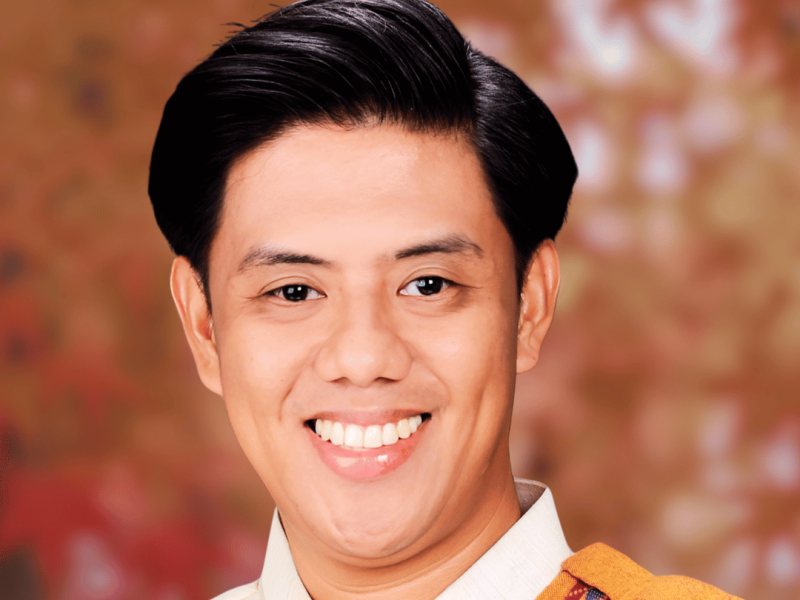
Joseph holds a master’s degree in occupational health and a bachelor’s in health education. With over three years as a Monitoring and Evaluation Specialist at ADRA Philippines, Joseph is passionate about using data to drive impactful programming. He is committed to community-led development and ensuring meaningful project monitoring and evaluation.
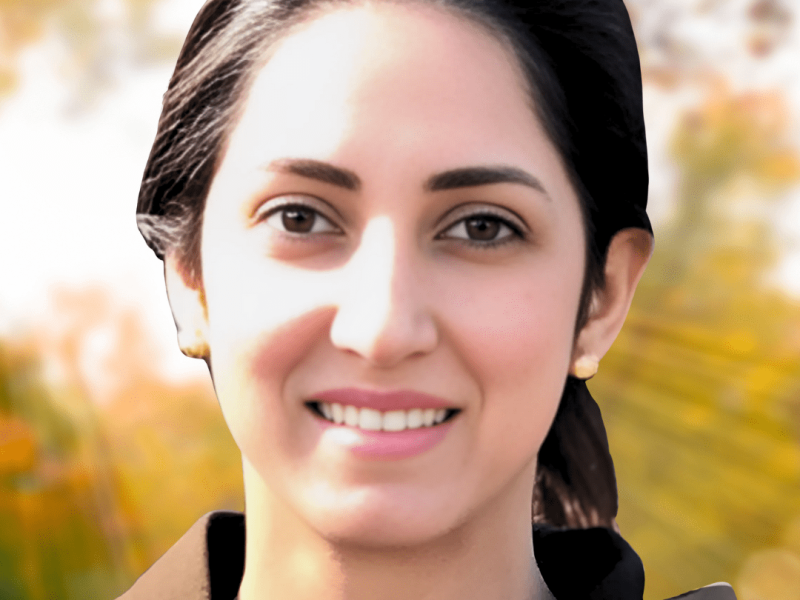
Natasha is the Kinaki Success and Learning Specialist with an MPP-level education in International Development. She brings a broad skill set, including research, data analysis, policy analysis, and report writing. With experience in nonprofits and multicultural teams, Natasha is adaptable, detail-oriented, and has a proven history of working effectively in diverse global settings.
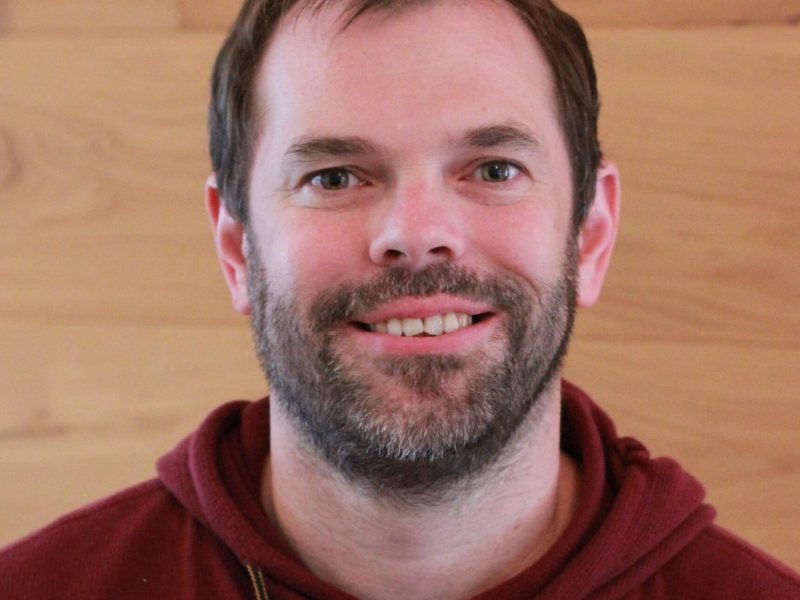
Jakub is the visionary and lead designer behind Kinaki. He holds a BA in International Territorial Studies, an MA in Sustainable Development. With over 15 years of experience, Jakub co-founded Salanga to improve aid worker safety and later expanded its focus to impact measurement and community-led development. He led the development of Kinaki, creating an intuitive tool for data collection and reporting, and continues to ensure its accessibility.
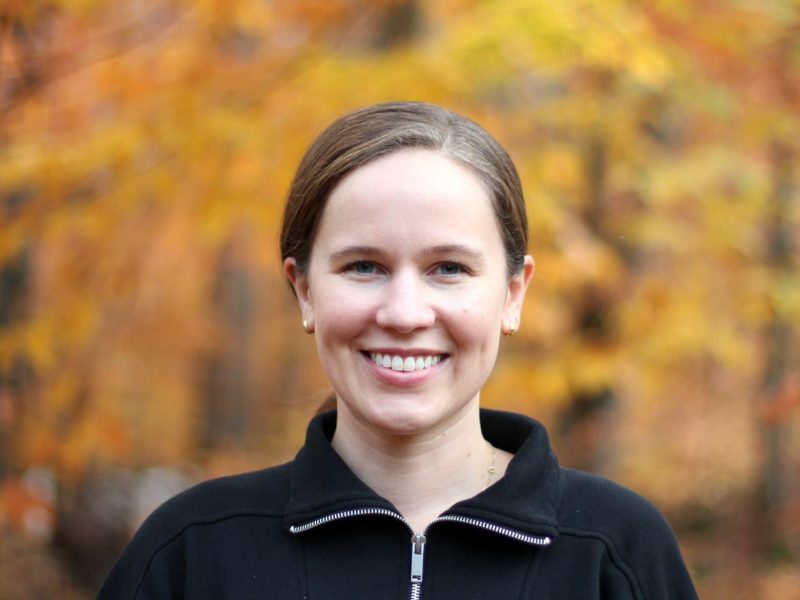
Christina specializes in monitoring, evaluation, project design, and proposal development. She contributed to the early designs of Kinaki and now supports organizations as they begin their journey with Kinaki. Christina holds a Master of Social Work and a Hon B.A. in Global Studies and Political Science.

Raul is a Full-Stack Developer with over a decade of experience in the tech industry. As the co-founder of Indigenous Company, he has led the creation of numerous successful projects. Raul previously held the role of Lead Developer at Vodafone Romania for five years. He holds a degree from the Academia de Studii Economice din București.
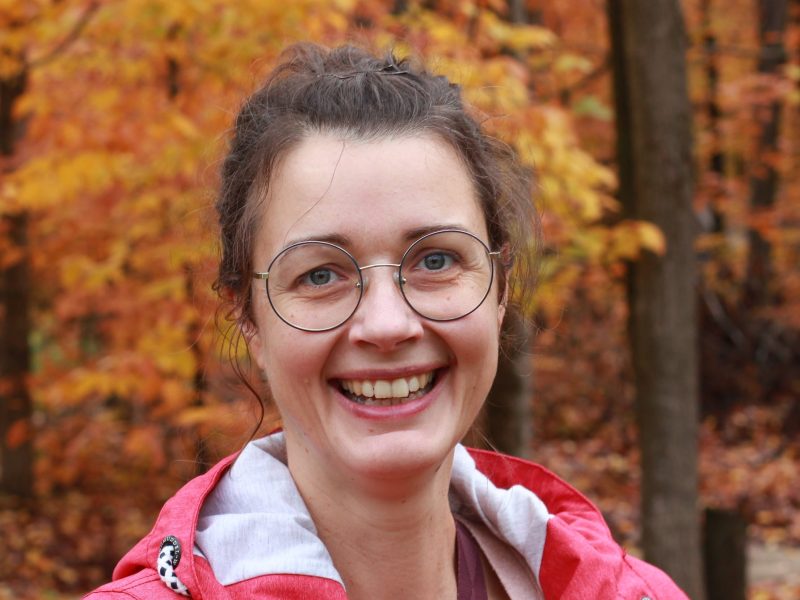
Martina is a seasoned professional with over 14 years of experience in the NGO sector. Her expertise spans finance, project management, and team wellbeing. Known for her calm leadership, Martina promotes mindfulness and conscious behavior in the workplace, fostering an environment that nurtures both personal and professional growth
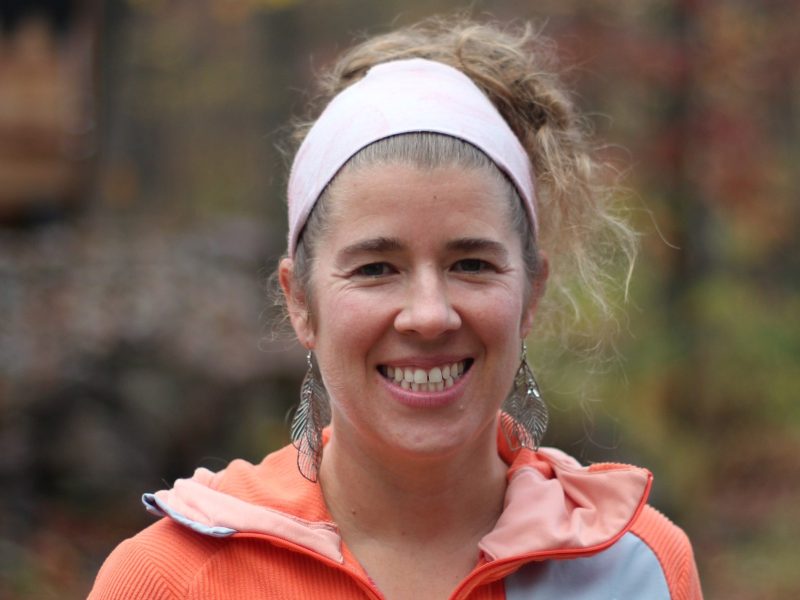
Paula is passionate about monitoring, evaluation and learning and driven to use data to make a difference. As the Monitoring, Evaluation and Learning (MEL) Program Lead for Salanga she coaches organizations to identify key metrics, craft useful and gender-sensitive data.
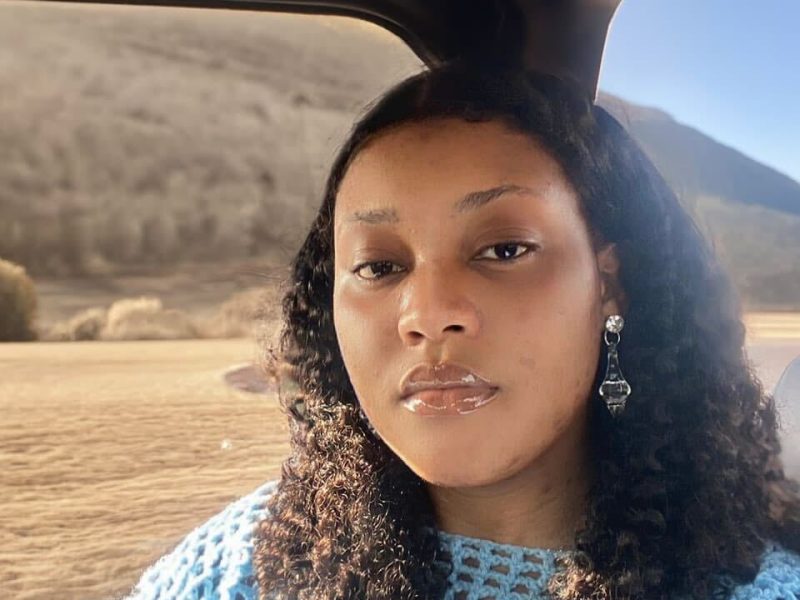
Emmanuela believes that every great partnership starts with a conversation. With proven experience in lead generation and sales strategy development, she has built a career around connecting people. As an alumna of the McKinsey Forward Program, she combines strategic thinking with a people-first approach to foster trust and collaboration while creating relationships that drive impact. Emmanuela also holds a B.Sc. in Accounting, she values, connection, data-driven solutions and real-world impact.
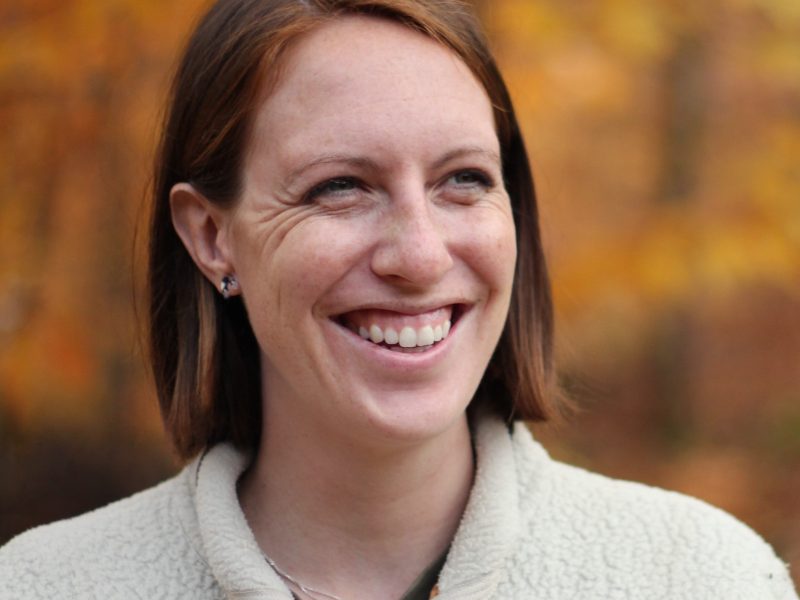
Molly is passionate about building partnerships, sharing best practices, and developing tools and processes that bring projects to life. She brings to Salanga experience from across the development sector, including past work with the Aga Khan Foundation Canada, Grand Challenges Canada, Global Affairs Canada, and College of the Rockies/VETA in Tanzania. Molly holds an MA from the Norman Paterson School of International Affairs at Carleton University, where she focused on Program Management, Gender and African Studies.
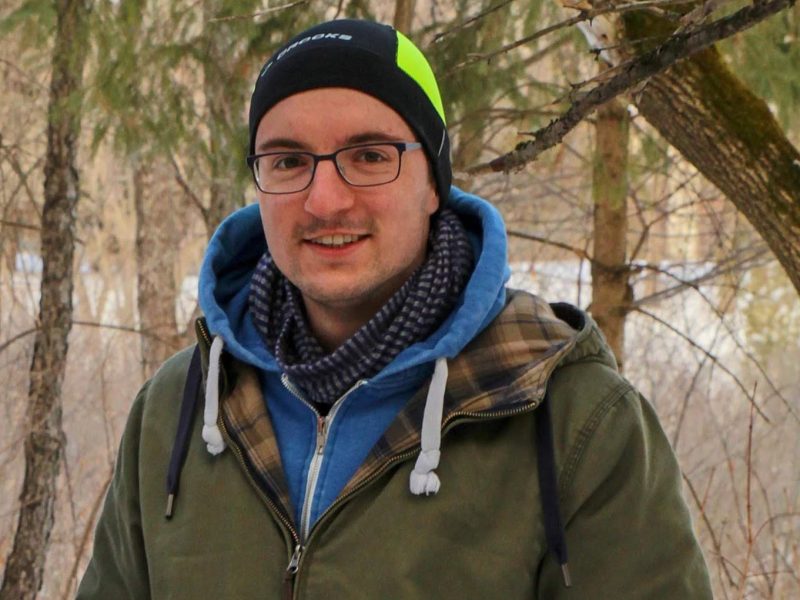
David supports Salanga and its partners as a Data Scientist. He has a Bachelor’s in Economics from Charles University in Prague, Czech Republic and Master in International Development Studies with a specialization in Economics of Development from Wageningen University in The Netherlands.
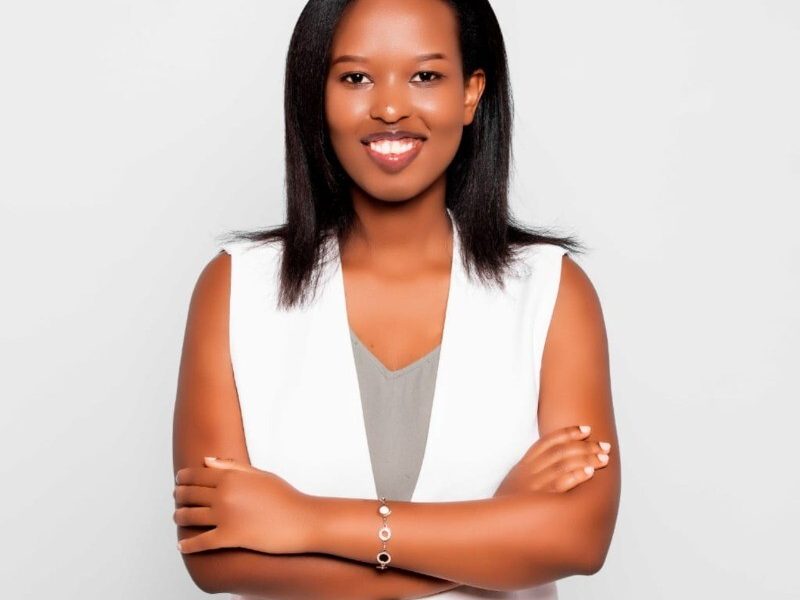
Sandrine thrives on identifying growth opportunities and building strong relationships. In her current role as a Lead Generation & Sales Associate, she’s excited to support the team by generating leads, optimizing processes, and contributing to the company’s growth. Her experience in business development and working with non-profit organizations has taught her the value of creating meaningful connections, whether with clients or colleagues. Always eager to learn and stay ahead of industry trends, she looks forward to expanding her skills and contributing to the organization’s broader goals.
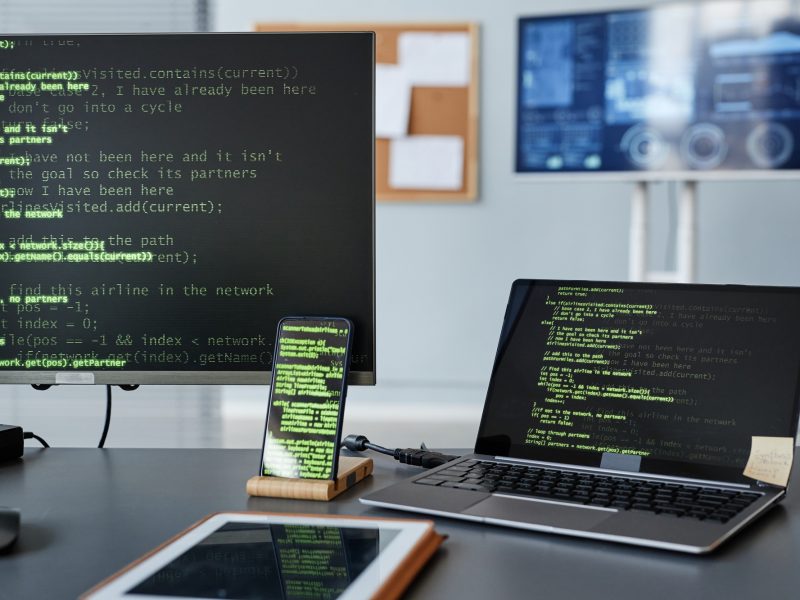

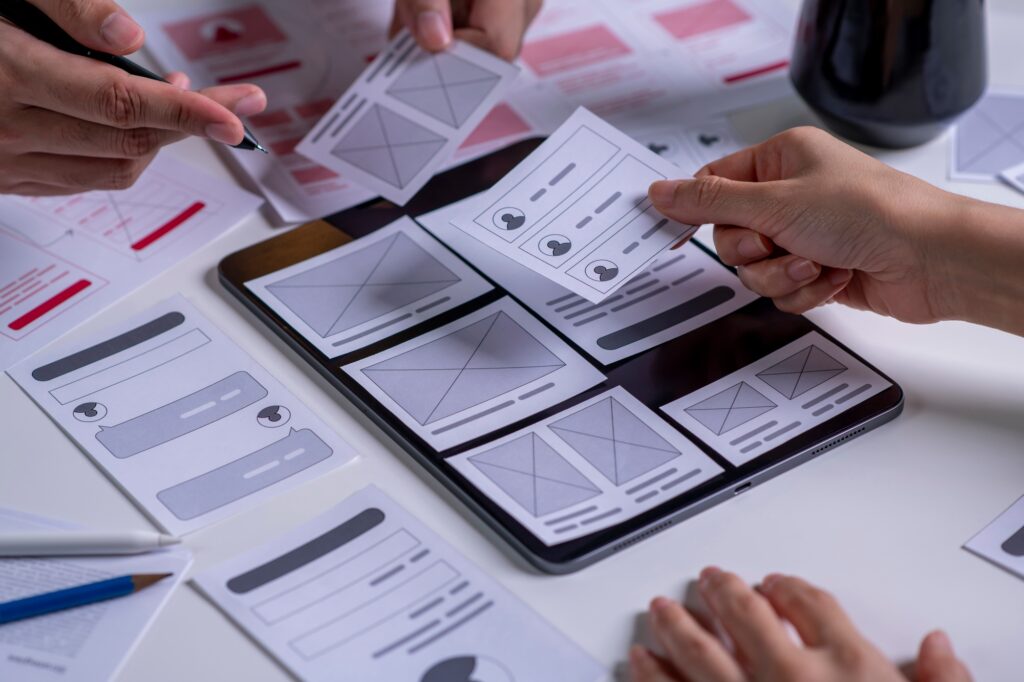
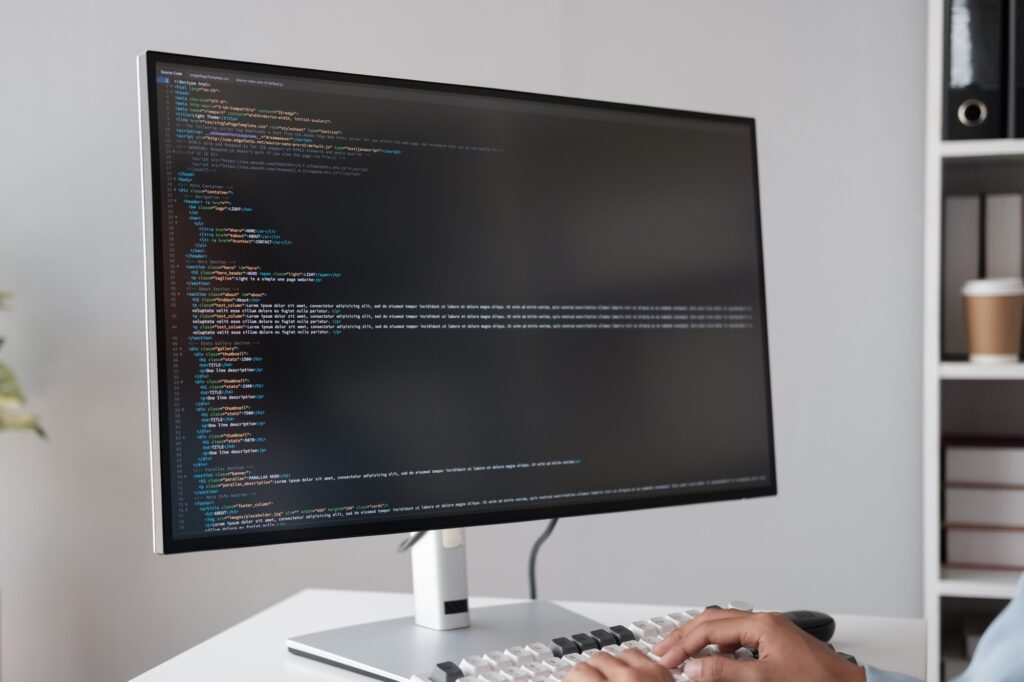

















We want to learn about your goals and objectives for a M&E software or MIS. We’ll ask you about what you want to achieve and what your team’s needs are to assess if we might be a good fit.
